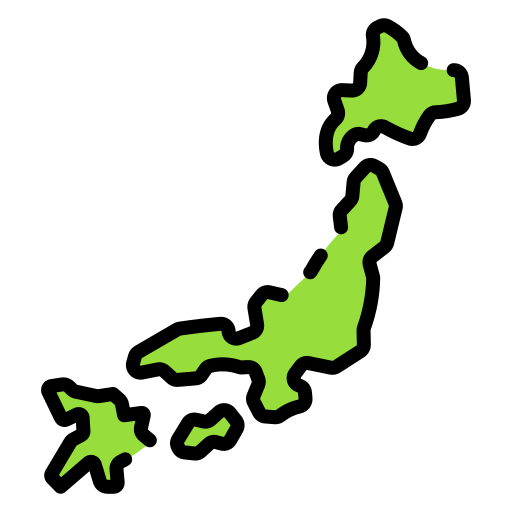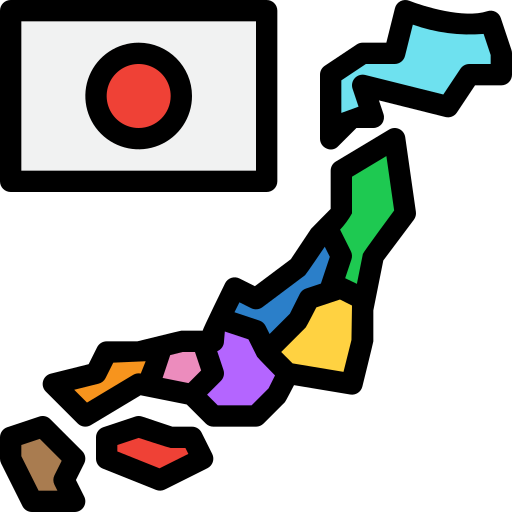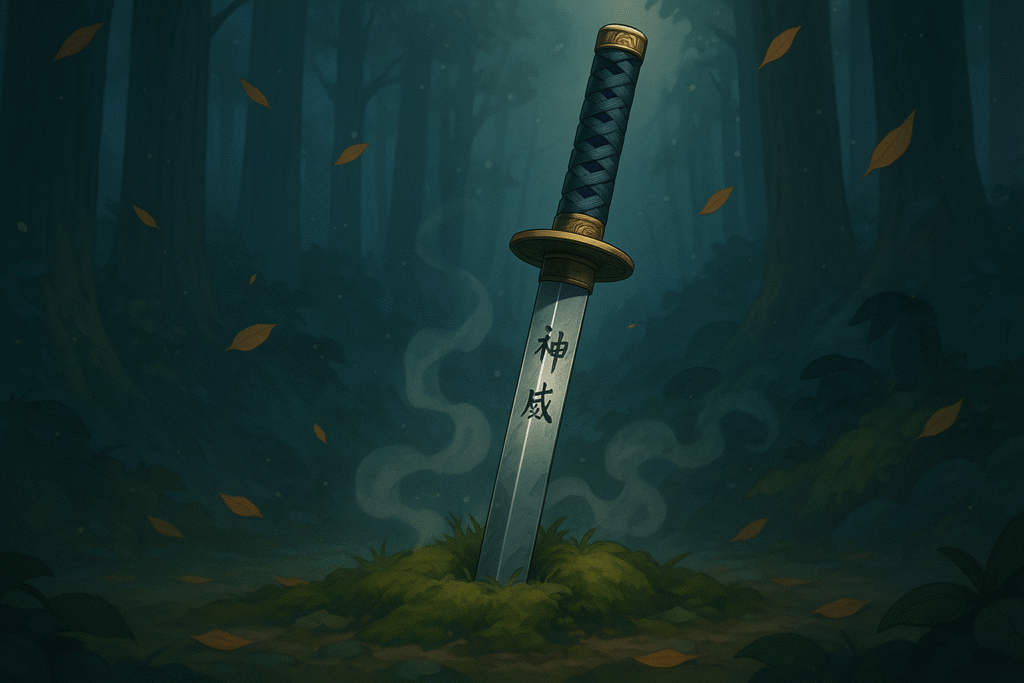Planning a trip to Japan but worried about the price tag? You’re not alone. For years, Japan has maintained a reputation as a prohibitively expensive destination, leading many travelers to choose more budget-friendly alternatives in Southeast Asia. However, based on extensive research and accounts from recent travelers, a Japan trip budget can be surprisingly manageable – comparable to traveling in Western Europe or North America.
Want to explore Japan’s culture?
Discover Japan’s rich culture, traditions, and hidden gems with our expertly crafted guides. Get insider tips on travel, food, and history. All for free!
How Much Does a Trip to Japan Cost in 2025?
The average cost of a trip to Japan in 2025 is approximately $110 per day per person on a mid-range budget, excluding international flights. This breaks down to about $56 for accommodation, $27 for transportation, $23 for food, $2 for activities, and $2 for miscellaneous expenses. For a couple, that’s around $220 per day total or $3,080 for a two-week stay.
Is this more expensive than backpacking through Vietnam? Yes. Is it significantly cheaper than what most travelers expect? Absolutely.
What’s Included in This Japan Travel Budget Guide
This comprehensive breakdown covers typical costs for:
- Accommodation options across various price points
- Transportation including the new rail pass situation
- Food expenses at different types of establishments
- Activity and entrance fees
- Miscellaneous costs like SIM cards and travel insurance
Prices are included in both Japanese Yen (¥) and US Dollars ($) to make planning easier. All information is based on current market rates and traveler experiences from 2025.
The Real Cost of Accommodation in Japan
Accommodation will likely be your biggest expense when creating your Japan trip budget. Here’s what you can expect to pay per night:
Budget Options (Under $50)
- Capsule hotels: $40-50 for a private pod
- Hostels: $25-30 for a dorm bed, $50-60 for a private room
- Couchsurfing: Free (though increasingly difficult to find hosts)
- Worldpackers: Free accommodation in exchange for volunteering
Mid-Range Options ($50-100)
- Budget hotels: $70-90 for a clean, comfortable room
- Guesthouses: $60-80 for a traditional room with tatami mats
- Budget ryokans: $80-100 for a simple traditional Japanese inn
Premium Options ($100+)
- Mid-range hotels: $100-150 for well-located, quality accommodations
- Luxury ryokans: $150-500, often including elaborate multi-course meals
- Onsen hotels: $120-200 for properties with natural hot springs
For a standard 16-day trip through Tokyo, Hakone, Yudanaka, Kanazawa, Takayama, Kyoto, Hiroshima, and Osaka, you should budget around $56 per night per person for accommodation. Locally-run properties with unique character often provide better value and more authentic experiences than international hotel chains.
Pro Tip: Consider staying in tatami mat rooms when available – they’re typically a few dollars cheaper than Western-style rooms and provide a more authentic Japanese experience.

Transportation Costs in Japan: The 2023 Rail Pass Change
Transportation is where many travelers get caught off guard in their Japan trip budget planning, especially with the significant changes to the Japan Rail Pass in late 2023.
The Rail Pass Situation
In October 2023, the Japan Rail Pass price increased by a staggering 70%, completely changing the value proposition. For a typical 16-day itinerary (Tokyo → Hakone → Tokyo → Nagano → Kanazawa → Takayama → Kyoto → Nara → Kyoto → Hiroshima → Osaka), individual tickets cost ¥50,000 ($350), while a 14-day rail pass now costs ¥80,000 ($530).
This means most travelers are better off booking individual train tickets through the JR West website, which allows you to book and reserve seats in advance. The platform is user-friendly and covers everything west of Tokyo.
Sample Train Costs
- Tokyo to Hakone: ¥2,500 ($17)
- Tokyo to Nagano: ¥7,500 ($50)
- Kyoto to Hiroshima: ¥10,500 ($70)
- Hiroshima to Osaka: ¥10,000 ($67)
Budget Alternative: Buses
Long-distance buses offer significant savings at around half the price of trains. Websites like Willer Express and Japan Bus Online are helpful for booking, though they don’t cover all routes.
Local Transportation
Within cities, Japan is remarkably affordable. Most places are walkable, and when needed, subway rides typically cost just ¥100-300 ($0.75-2) per trip. Most travelers report spending only $15-20 on metro transit across Tokyo, Osaka, and Kyoto combined during a two-week trip.
Transportation costs average around $27 per day for most visitors.
Food Budget for Japan
Contrary to popular belief, food can be one of the most affordable aspects of your Japan trip budget. Most meals cost less than ¥1,000 ($7), and the quality at every price point is reportedly exceptional.
Budget Food Options (Under ¥1,000/$7)
- Ramen shops: ¥800-1,000 ($5.50-7)
- Gyudon (beef bowl) chains: ¥500-700 ($3.50-5)
- Convenience store meals: ¥400-600 ($3-4.50)
- Street food: ¥300-500 ($2-3.50) per item
Mid-Range Options (¥1,000-2,000/$7-14)
- Casual sushi restaurants: ¥1,500-2,000 ($10-14)
- Okonomiyaki (savory pancakes): ¥1,000-1,500 ($7-10)
- Katsu curry: ¥1,000 ($7)
- Izakaya (Japanese pubs): ¥1,500-2,000 ($10-14) per person
Premium Experiences (¥2,000+/$14+)
- High-end sushi/sashimi: ¥3,000-6,000 ($20-40)
- Kobe beef: ¥8,000-15,000 ($55-100)
- Kaiseki (multi-course) dinner: ¥4,000-10,000 ($28-70)
Many travelers enjoy specialty dishes like fresh sashimi at Kanazawa’s Omicho Market (¥2,000/$18) and multi-course kaiseki dinners at ryokans (¥4,000/$36). Even these “splurges” are reasonably priced compared to similar experiences in the US or Europe.
Food expenses average about $23 per day – incredible value considering the quality and variety.
Love Japan? Stay in the Loop!
Get the best of Japan straight to your inbox: language, culture & travel insights!
Activities and Entrance Fees: Surprising Value
One of the most pleasant surprises about creating a Japan trip budget is how affordable activities and entrance fees are. Many major attractions cost nothing at all, and those with entrance fees typically charge just ¥300-500 ($2-4).
Free Attractions
- Tokyo’s Shibuya Crossing, Imperial Palace, and Sensō-ji Temple
- Kyoto’s Fushimi Inari Shrine and Arashiyama Bamboo Grove
- Nara’s deer park
- Hiroshima’s Atomic Bomb Dome
Paid Attractions (Most Under ¥1,000/$7)
- Snow Monkey Park: ¥800 ($7)
- Golden Pavilion in Kyoto: ¥300 ($3)
- Hiroshima Peace Memorial Museum: ¥200 ($2)
- Kenroku-en Garden in Kanazawa: ¥310 ($3)
The Hakone Free Pass (¥5,000/$33) is a popular activity expense, providing unlimited transport around the Mount Fuji area plus discounted attraction entry – excellent value for a full day of exploration.
Daily activities budget averages an astonishingly low $2 per day.
Miscellaneous Expenses for Japan
A few additional costs to factor into your Japan trip budget include:
- Local SIM card: ¥2,000 ($14) for a week of data
- Travel insurance: ¥8,500 ($60) for 16 days
- Luggage storage: ¥500-1,000 ($4-7) when needed
- Travel guidebook: ¥3,000 ($20) for comprehensive planning
These miscellaneous expenses add approximately $2 per day to the budget.
Cost of Travel in Japan: The Final Tally
Based on current travel reports, the final budget breakdown per person per day is:
- Accommodation: $56
- Transportation: $27
- Food: $23
- Activities: $2
- Miscellaneous: $2
- Total: $110 per day
For a couple traveling together, that works out to about $220 per day or $3,080 for a two-week trip (excluding international flights).
As mentioned in my Kanto Cost of Living Guide, Japan can be surprisingly affordable depending on your choices. The key is knowing where to splurge and where to save.

Money-Saving Tips for Your Japan Trip Budget
- Travel during shoulder seasons (October-November or March-April) for lower accommodation prices and fewer crowds.
- Consider staying in capsule hotels or traditional tatami rooms rather than Western-style hotels.
- Eat your main meal at lunch when many restaurants offer set menus (teishoku) at reduced prices.
- Use convenience stores for breakfast – they offer surprisingly good quality food at extremely reasonable prices.
- Skip the Japan Rail Pass unless you’re covering vast distances in a short time.
- Take advantage of free city walking tours available in most major destinations.
- Look for accommodations with free onsen access rather than paying for separate bathhouse visits.
For more detailed budget planning assistance, check out my Japan Travel Budget Planner in my resources section.
FAQ: Japan Trip Budget Questions
How much does an average trip to Japan cost?
An average 14-day trip to Japan costs approximately $1,540 per person ($110/day) plus international flights on a mid-range budget.
What is the cheapest time to visit Japan?
The cheapest time to visit Japan is during winter (December-February, excluding holidays) when accommodation prices drop significantly and there are fewer tourists.
Is Japan more expensive than Europe?
Japan is comparable to Western Europe in terms of overall travel costs, with accommodation slightly higher but food and activities often more affordable.
Can you travel Japan on $50 a day?
Yes, you can travel Japan on $50 a day with careful budgeting – staying in hostels or capsule hotels, eating at budget restaurants, and focusing on free attractions.
How much spending money do I need per day in Japan?
For a comfortable mid-range experience, budget $100-120 per day per person, which includes accommodation, food, local transportation, and activities.
Japan’s reputation as an expensive destination is largely outdated. With some smart planning and flexibility, you can experience this fascinating country without breaking the bank. The key is knowing which experiences are worth the splurge and where you can save without compromising your experience.
Have you been to Japan? I’d love to hear about your experience with budgeting for Japan in the comments below!
Join Fellow Japan Enthousiasts!
Ask questions, get study tips, and take part in weekly challenges. Join a community of motivated learners exploring both the language and culture of Japan!




